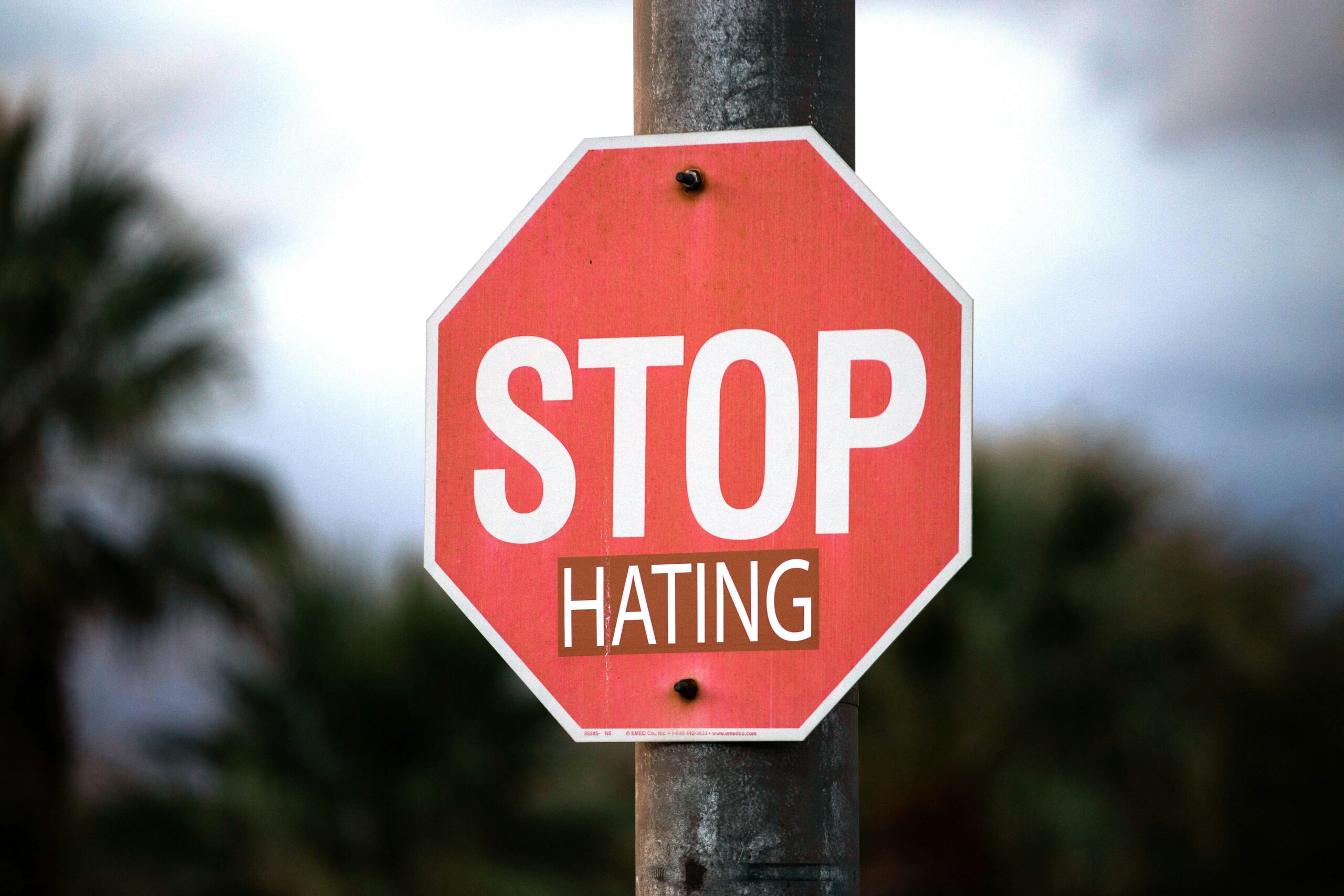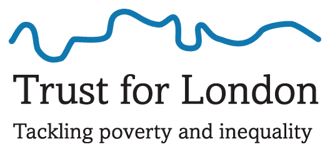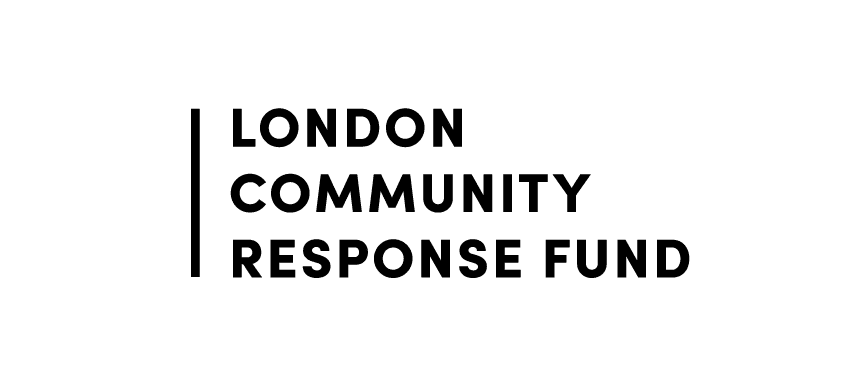Introduction
Schools have a duty of care to all registered pupils. Section 175 of the Education Act 2002 places a legal duty on maintained schools and local authorities in England and Wales to safeguard and promote the welfare of children. Additionally, Section 89 of the Education and Inspections Act 2006 states that maintained schools must have measures to encourage good behaviour and prevent all forms of bullying amongst pupils.
Notably, under Section 47 of the Children Act 1989, a bullying incident may become a child protective issue when there is, “reasonable cause to suspect that a child is suffering, or is likely to suffer, significant harm.” Therefore, schools must develop and implement an effective bullying policy which includes measures to prevent all forms of bullying amongst pupils. Bullying can amount to a hate crime or hate incident if it is motivated by hostility or prejudice based on a victim’s race, religion, sexual orientation, disability or transgender identity.
Universities also have a duty to ensure that students can access education free from harassment and discrimination under the Equality Act 2010, which provides protection against discrimination to those with protected characteristics. The Act places a duty on public authorities (which includes schools and academies), to advance the equality of opportunity, eliminate discrimination and foster good relations between different societal groups.
Hate Crime in Academic Institutions in the United Kingdom (UK)
Hate crimes and incidents in schools across the UK have risen in recent years, such as during the Brexit campaign and Donald Trump’s US presidential victory in 2016. A study conducted by the Association of Teachers and Lecturers (ATL), found that more than a fifth of teachers surveyed noticed hate crime or hate speech incidents taking place in their schools during the year these two events occurred.
According to The Guardian, police data shows that in the 2015-2016 and 2016-2017 academic years, there were a total of 1,487 hate crimes linked to schools in England and Wales, the majority of which were race related. The following year in 2018, there were a total of 1,987 recorded hate-related incidents in schools and colleges.
Furthermore, in 2019, West Midlands Police reported that there was a surge of hate crimes in a number of schools and colleges across the country due to protests concerning the appropriateness of LGBTQ+ lessons.
More recently, some Jewish schools have closed temporarily due to safety concerns in the wake of the Israel-Gaza conflict, due to the rise of antisemitism. The Community Security Trust (CST), a charity which monitors anti-Jewish abuse and attacks and supports British Jewish people, recorded 4,103 antisemitic incidents in the UK in 2023. This was a drastic increase compared with the 1,662 incidents recorded by the CST the previous year in 2022. To further emphasise the impact of this on the educational sector, in February 2024, antisemitic graffiti was found painted on a campus building at the University of East Anglia.
In addition to the surge of antisemitism, there has also been a surge of anti-Muslim attacks in the UK following the Israel-Gaza conflict. In response to this rise of religious hate crime, in March 2024, the UK government announced that it will be investing £117m to protect mosques, Muslim schools and community centres in the UK from hate attacks over the next four years. The money will go towards implementing protective measures such as CCTV cameras, alarms and fencing.
In relation to universities specifically, the National Centre for Social Research published a report in May 2023 based on a study related to student experiences of violence, harassment and discrimination. The report found that sexual bullying and harassment were commonly reported forms of violence and identity-based violence such as verbal abuse, physical abuse and intentional social exclusion were also commonly reported by survey respondents. Additionally, some of the students surveyed reported experiencing violence enacted online such as receiving threatening messages, the sharing of targeted hate content and the setting up of websites and groups targeted for harassment.
Hate Crime in Academic Institutions in the United States of America (USA)
Similarly to the rise of hate crimes in UK schools, according to a 2021 report published by the Government Accountability Office in the USA, hate crimes in public schools and colleges increased by around 81% prior to the COVID-19 pandemic, between the 2015-2016 and 2017-2018 academic years.
In January 2024, the F.B.I (Federal Bureau of Investigation) reported that the number of reported hate crimes in schools, colleges and universities in the United States nearly doubled between 2018 and 2022.
Black Americans were the most targeted group, followed by LGBTQ+ members and Jewish Americans. This increase in hate crime coincided with the murder of George Floyd in 2020 and the resulting Black Lives Matter movement motivated further hate crimes. According to an article by The New York Times entitled, “Hate Crimes Reported in Schools Nearly Doubled Between 2018 and 2022,” educators and policymakers in the US believe that it is significant to analyse how the Israel-Gaza war is impacting education systems, as there has also been an increase in hate-related incidents against Jewish, Arab and Muslim students in the US since the conflict began in October 2023.
More recently, in December 2023, a student at Cornell University admitted to making threats of violence against Jewish students and in January 2024, there was an alleged “chemical-weapon” attack on pro-Palestinian protesters at Columbia University.
Educating Students About Hate Crime
‘Educate Against Hate’ is a website developed by the UK’s Department for Education and the Home Office and aims to provide practical advice, support and resources to protect children from extremism and radicalisation. For instance, Stand Up! is a partnership of organisations which is endorsed by the initiative. The organisations cooperate to provide anti-discrimination education to young people in mainstream secondary schools which primarily focuses on antisemitism and anti-Muslim hate and is supported by the Mayor’s Office for Policing and Crime (MOPAC).
Additionally, Stop Hate UK is a charitable organisation which has an online information hub about hate crime and hate speech for students and teachers.
In recent years, the National Union of Students, which represents college and university students across the UK, has been campaigning to raise awareness about hate crime on campuses. A 2016 report by Universities UK (UUK), an advocacy organisation for universities in the UK, has also highlighted that universities need to do more to support students in relation to hate crime, demonstrating that it is an issue which impacts students across all educational levels.
Tackling Hate Crime in the Educational Sector
The NASUWT (National Association of Schoolmasters Union of Women Teachers) is a trade union which represents teachers and headmasters throughout the UK. The organisation believes that, “all children and young people and staff in schools and colleges have a right to learn and work in a safe and secure environment that is free from intimidation, harassment, abuse and fear and where they feel valued and respected.”
It has issued guidance on how schools and colleges can contribute to tackling hate crime. This includes ensuring that:
- “the school/college promotes a climate of respect;
- every student, staff member and parent/carer within the school/college community feels valued and secure;
- the curriculum reflects and represents accurately the diverse nature of the UK and the world and addresses issues of diversity in ways that counter prejudiced assumptions;
- false assumptions and stereotypes are challenged with sound factual information;
- they are vigilant for any signs of name-calling, abuse or bullying involving any member of the school/college community;
- all incidents of name-calling, abuse and bullying are reported, recorded and dealt with promptly and sensitively;
- all staff are given appropriate training and support to enable them to tackle discrimination, bullying and harassment and promote equality of opportunity.”
Furthermore, the Office for Students (OfS) is an independent regulator of higher education in England and is focused on ensuring that all students have a positive experience of higher education. In April 2021, the OfS published a statement of expectations for higher education providers aimed to address and prevent harassment and sexual misconduct affecting students in higher education.
In March 2024, Universities UK (UUK) also published guidance in collaboration with Coventry University and Pinsent Masons on tackling harassment and sexual misconduct on university campuses. This demonstrates that there are organisations dedicated to tackling hate crime in the educational system in the UK. For reference, both the aforementioned statement and guidance can be found here:
How can I report a hate crime or incident?
Citizens Advice recommends that if a student at a school or college is a victim of a hate crime or incident, their parent should speak to a teacher and inform them that the matter is a ‘safeguarding’ issue. The school will then deal with the issue using their safeguarding policy. Universities usually have a report and support online safety tool which can be used by students, staff and visitors to report instances of bullying or harassment, either anonymously or with contact details.
Hate crimes or incidents can also be reported to the police by visiting a police station or by calling 999 if the crime is in progress or if someone is in immediate danger. If the crime is not an emergency, it can be reported to the police by calling 101.
True Vision, a police-funded website developed to allow individuals to report hate crimes online is another platform which can be used to report hate crimes or incidents. Please note that although not all hate incidents will amount to criminal offences, they should still be reported to the police.
Additionally, hate crimes or incidents can be reported to victim support organisations such as the West London Equality Centre by calling our designated hate crime helpline at 0800 2943 479. We can offer free legal advice regarding the next steps to be taken and preserving evidence, contact the police on behalf of victims and or witnesses and consider practical solutions to help deal with incidents or the aftermath of incidents.
How we can help you
Our team comprises of qualified legal professionals, legal advisors, caseworkers and volunteers who can help to provide concise and accurate legal advice and carry out casework on hate crime matters.








